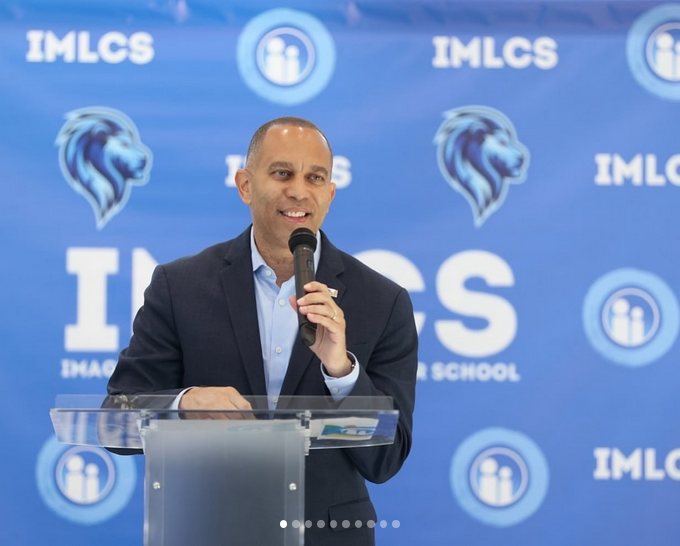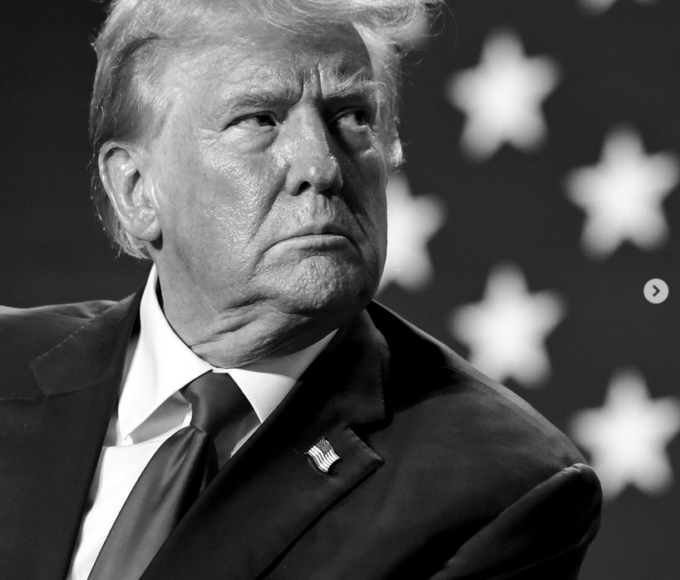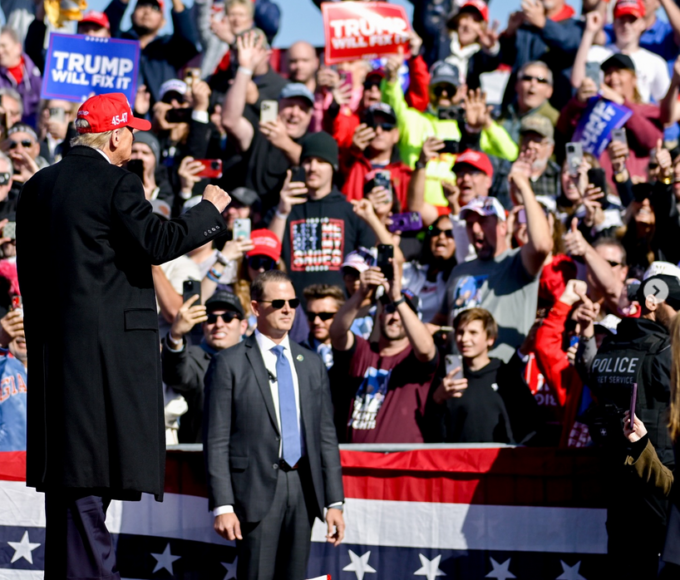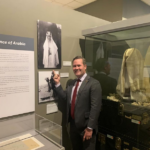TEN years ago, when the Sixth Pay Commission gave a hefty hike in pay and perks to civil servants, it also entered a caveat on performance by adopting the maritime ‘mantra’—‘shape up or ship out’—to send a clear message. The Fifth Pay Commission had also attempted something similar. Both have failed and now, when civil servants are revelling in the pay and perk bonanza of the Seventh Pay Commission, the question of performance again comes to the forefront.
An important Term of Reference (ToR) of the Seventh Pay Commission was: “To work out the framework for an emoluments structure linked with the need to attract the most suitable talent to government service, promote efficiency, accountability and responsibility in the work culture, and foster excellence in the public governance system to respond to the complex challenges of modern administration and the rapid political, social, economic and technological changes, with due regard to expectations of stakeholders, and to recommend appropriate training and capacity building through a competency based framework.”
The perfunctory and superficial manner in which the Commission dealt with this important ToR is evident from the chapter on “Principles of Pay Determination”: “Para 4.1.1: …The principal role of the government as the prime facilitator has gained firm ground…There is a specific emphasis on Minimum Government and Maximum Governance, harping on the concept of a leaner bureaucracy with more skilled people. There is also a definite need to harmonise the functioning of the Central Government with the demands of the emerging global economic scenario. This Commission had to keep all these factors while finalising the compensation structure for Central Government employees.”
“Para 4.1.23: The Commission feels that there is strong need to create a culture of performance in the government–from establishing standards of performance, to measuring, and promoting people based on performance. To emphasise the culture of performance, the Commission has recommended that all the non-performers in the system should be phased out after 20 years.
The Commission has recommen-ded that Performance Related Pay should be introduced in the government and that all bonus payments should necessarily be linked with productivity.”
As of now, the perception of civil servants’ performance is confined to a Performance Monitoring and Evaluation System (PMES) in the Central Government, under which a Results-Framework Document (RFD) was prepared for every department and ministry. Several ‘Ad-hoc Task Forces’, comprising management professors and retired mandarins, were set up to work out ‘success indicators’ and reporting formats. The helmsman for this “most happening mission” was an American hand—former Harvard professor and World Bank economist Prajapati Trivedi—who was designated Secretary, Performance Management. According to him, “RFD will be akin to a Bill of Rights for government function-aries. It will liberate the bureaucracy from vagaries of ad hocism, subjectivity and uncertainty.”
At the core of this Mission was the effective implementation of the ongoing MNC-driven ‘development agenda’ crafted by Dr Manmohan Singh when he was Finance Minister in the early 1990s. This agenda, co-promoted by the government and the corporate sector, includes Indo-US CEO agreement; 100 per cent FDI by real estate MNCs; landgrab licence for SEZ-MNCs; surrendering tribal territories to mining MNCs; $100 billion nuclear bonanza and exemption from civil liabilities for energy MNCs; ramming GM cotton and food down people’s throats to propitiate agri-MNCs; mortgaging India’s farming to US interests through ‘Knowledge Initiative in Agriculture’ and ‘Agriculture Cooperation and Food Security’ MoUs; rampaging retail MNCs and grand entry of foreign (read American) universities into India!
THE present BJP-led NDA government under Prime Minister Narendra Modi has further expanded this agenda and is pursuing it with much more vigour. The extensive foreign tours and roadshows conducted by the Prime Minister to market India to MNCs, the undue haste with which amendments to the LARR Act, 2013, were rammed through, the corporate-driven Smart City Mission and the recent ‘big bang’ foreign direct investment (FDI) reforms, easing conditions across 15 sectors, including defence, banking, construction, retail, broadcasting and civil aviation, are adequate proof of this. The question, therefore, arises as to whether the massive hike in the pay and perks of civil servants recommended by the Seventh Pay Commission is an incentive to accelerate their ‘performance’ to expeditiously implement this agenda which would benefit the ‘middle/upper echelons’, say, at best 25/30 per cent of the population.
What about the balance 70/75 per cent for whom it is basic governance at the state, district and grassroots level that matters? Here the performance of civil servants has been dismal. In 2010, on the ‘Shastipoorthi’ (60th year) of India’s Independence and the birth of its superior civil services, former President KR Narayanan described the state of the nation thus: “Sixty years into the free life of our nation we find that justice—social, economic and political—remains an unrealised dream for millions of our fellow citizens. The benefits of our economic growth are yet to reach them. We have one of the world’s largest reservoirs of technical personnel, but also the world’s largest number of illiterates; the world’s largest middle class, but also the largest number of people below the poverty line; and the largest number of children suffering from malnutrition. Tragically, the growth in our economy has not been uniform. Many a social upheaval can be traced to the neglect of the lowest of society, whose discontent moves towards the path of violence.” This continues to be so.
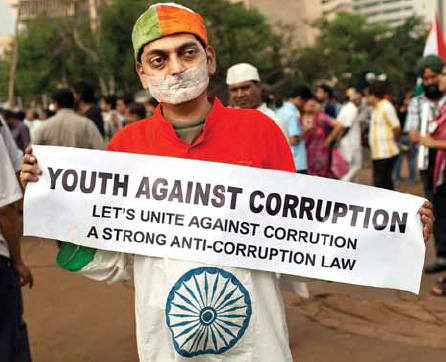
IN a letter to a colleague written around that time, JB D’Souza, a member of the first batch of the IAS (1947), explains why: “At my age (84), I alternate between anger and sadness over the miseries our colleagues are inflicting on the poor, over the wretched condition 58 years of ‘freedom’ have brought them to… We are no longer a service; we have become a set of parasites, palanquin commanders, or just expensive prostitutes….As a member of the very first IAS batch, I ask myself whether the training we got was deficient. There was a matter of law, a superficial look at India’s history, and a bit of economics. Nothing on ethics, the sanctity of the law of the land, the irrelevance of political intervention when it is illegal, or the management of politicians. Some of us in that first batch were, within five years of entry, already suspected of corruption.”
This ‘suspicion of corruption’ has now become deep-rooted and an all-pervading stink. Every citizen of the country knows that unmitigated corruption from top to bottom is the lethal poison that has near totally destroyed governance. In the event, India is being consistently rated among the most corrupt countries in the world. A majority of the population pays bribes to access revenue services, municipal services, public distribution, healthcare, education, electricity, land records, registration, forest, housing and so on. Corruption in the issue of community certificates, ration cards and old-age pension is far worse. Millions of Below Poverty Line families had to pay bribes to avail the benefits of the government’s flagship MNREGA scheme which is part of the ‘social security’ net. All these are happening under the very nose of the district collectors who are all young civil servants.
The police force is the most corrupt among the services surveyed. Registration and investigation of FIRs is the primary responsibility of the district superintendents of police. But this has become a racket and a massive source of corruption, forcing citizens to go to High Courts to seek relief. The general public has to pay bribes and compromise their dignity in the process. Having lost faith in honest delivery of services by civil servants, citizens are demanding a Right to Services Act and appointment of commissioners to undertake this task!
Electoral corruption is the mother of all corruption and this is due to the ineptitude of civil servants who get influenced and brow-beaten by corrupt and unscrupulous politicians and fail to rein in the obnoxious practice of buying and selling of votes. Even the constitutionally mandated Election Commission, manned by former civil servants, has failed in this duty. Bribe-giving for votes has now developed into a sophisticated cash-and-carry business model with advance bookings, IOU coupons and so on. Sale/purchase of votes is no longer a stealthy activity, but is done in the open and even boasted about by making the voters ‘shareholders’ in corruption! The entire election supervising machinery, from the Election Commission down to the District ollector/Superintendent of Police is manned by civil servants. During election time, they have a clear constitutional mandate and exercise vast powers. If corruption and crime have overtaken the electoral process, it is the civil servants who are to be largely held responsible.
In the protection of natural resources and preventing its plunder by mafia groups, the performance of civil servants has been very poor. The same is the case with safeguarding citizens’ liberty and civic rights.
Most IAS and IPS officials dance to the tune of the politicians and mafia groups and listen to their diktats without any concern for the law of the land, rules, regulations and principles of good governance. There are many examples but mentioning a few would suffice—the Commonwealth Games, 2G Spectrum and Coalgate scams at the Centre; beach minerals/river sand/granite plunder in Tamil Nadu; prime farmland and river-front grab to build a ‘monster capital’ for Andhra Pradesh; ‘real-estate’ loot in Haryana; the Vyapam scam in Madhya Pradesh; Hyderabad landgrab; and the Noida heist in Uttar Pradesh.
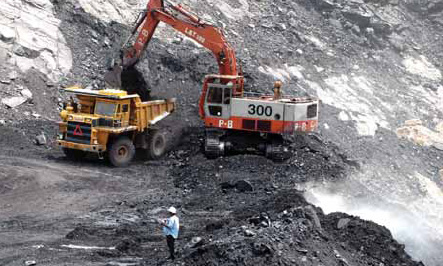
ALL these have made true the prophetic words of India’s first Governor-General, CR Rajagopalachari, then a freedom fighter (1922): “Elections and corruption, injustice and the power and tyranny of wealth and inefficiency of administration will make hell of life as soon as freedom is given to us.” To prevent this from happening, Sardar Vallabhbhai Patel virtually fought with the Constituent Assembly to establish the superior civil service to “give a fair and just administration to the country and manage it on an even keel”. To ensure this and safeguard civil servants from the “vicissitudes of political convulsions”, these services were covenanted in the Constitution. But, unfortunately, over the years civil servants have been dragged into these very “vicissitudes of convulsive politics, scams and scandals” against which they were supposed to be a bulwark. Due to the collective failure of civil servants in living up to the covenant of the Constitution, India’s democracy has diminished, giving place to ‘kleptocracy’, a ‘government of the thieves, by the thieves, for the thieves’!
I wonder whether the Seventh Pay Commission is rewarding the civil servants collectively for this ‘distinguished’ performance and encouraging them to do more of the same! But there are conscientious objectors among the old guard. An email sent by DK Oza (IAS, 1957, Tamil Nadu) to me and the Secretary of the Tamil Nadu Retired IAS Officers Association says that during his entire career he had not done a stroke of good work, which is equally true of all the government servants, then and now all over India. Yet his pension will go up by Rs. 25,000 from the present about Rs.100,000. To him, the Pay Commission’s report is a folly. Now that the Commission has been dissolved, the government (Finance Ministry) should put the report fairly high on the shelf with the date on it indicating that it should be taken down in the year 2025. “We must think of the future. We must think of the country. The ‘government’ is unable to control inflation. The government officials are not sacred deities,” he says.
Incidentally, Members of Parliament are in a race with civil servants for a huge raise in pay and perks. For them also, ‘performance’ has a meaning which includes non-attendance, disruption of Parliament and storming the ‘well’. An Emoluments Commission has been set up and MPs will also have their desired rewards very soon. At the end of the day, it is the poor tax-payers who are the victims of all these ‘superlative performances’ and who will be footing the bill. May God be with them!
The writer is a former Army and IAS officer. Email: deva1940@gmail.com
















